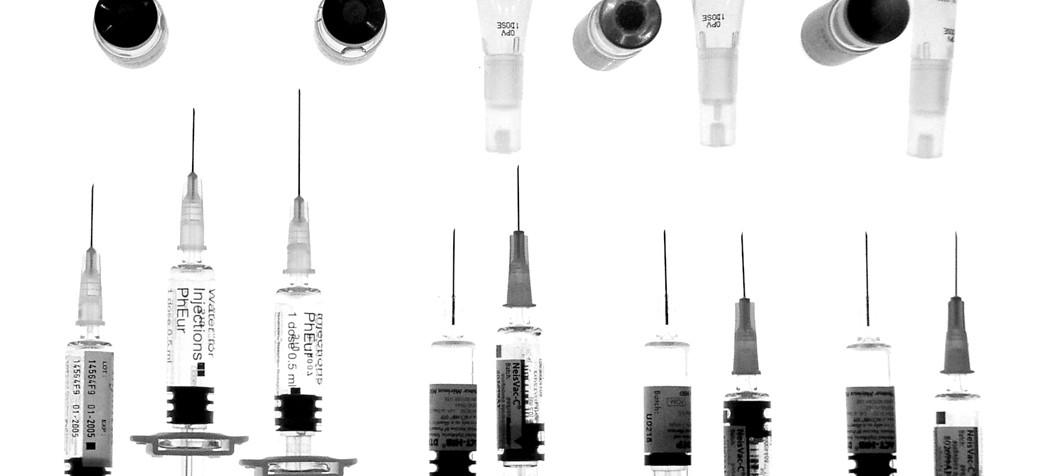As cycling turns itself inside out trying to find new ways to discredit performances on the Tour de France and athletics struggles under the weight of a number of doping controversies, swimming is now heading to a world championships in the heart of Russia, the current focus of much anti-doping work in the sport. And it’s those efforts against the Big D, doping, that bring out the other two – depression and doubt.
There have been a plethora of doping revelations in recent times, from Xenon doping to micro-dosing (albeit WADA objected strongly to that study) and now the revelation that the head of WADA himself believes that more than 10% of elite athletes could be doping. In the wake of this onslaught, swimming fans could be excused a bout of depression.
Swimming has of course had its fair share of doping scandal; from Michelle Smith’s Olympic campaign of 1996, to the systematic doping of the East German era and the widespread issues surrounding the Chinese women of the 1990’s, but it has never felt like it has had an all-pervading problem such as that faced by cycling in the 1990’s and 2000’s. As a consequence of a sequence of tell-all memoirs and the fall of Lance Armstrong, all performances are viewed through the prism of doping, fairly or not, and exceptional racing is greeted with a wave of cynicism.
Swimming is not there yet, but it still happens. Witness the whispering, and in some cases shouting, that occurred, when Ye Shiwen won the 400IM Olympic gold in London with a wholly remarkable finishing freestyle leg. Such instances have thankfully been rare; perhaps swimming fans have become a little inured to the extraordinary as a consequence of the suited competition years, where performances genuinely were superhuman, and have taken their eye off the ball. But as performances edge back to a similar level, or even exceed it, will we be able to still believe in them or will we come to question them? After all if WADA’s estimate is correct at least three dopers will be crowned swimming world champions in Kazan.
Speaking personally, that doubt is the worst part. Not just for the results, where for those athletes affected emotions will usually run much higher, but in the way it affects how we enjoy the sport. That incessant questioning, the uncertainty and infighting that we see now in cycling, risks becoming omnipresent, and if there’s no joy in witnessing an exceptional performance what is the point in watching?
For now the sport deserves the benefit of that doubt, despite recent doping cases against Olympic champions Sun Yang and Tae Hwan Park, and the bizarre case of Kylie Palmer. But how long until we are at a point where if someone does something extraordinary in the pool, the first feeling is not necessarily one of elation, but instead a compulsion to question whether we have witnessed something real. As Agent Mulder says in the X-files, “I want to believe” – there is just a risk it just could get harder to do so despite the efforts of anti-doping agencies. It’s that I find most depressing and that’s why we must continue the fight for clean sport.
Banner Image: FreeImages.com/Nick Winchester

